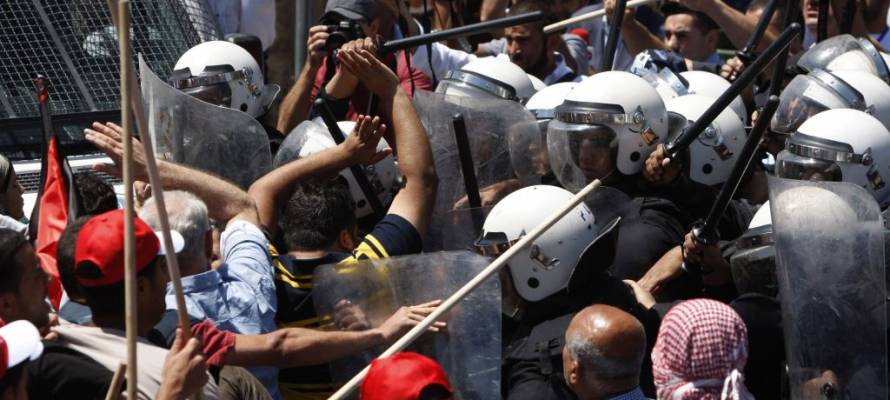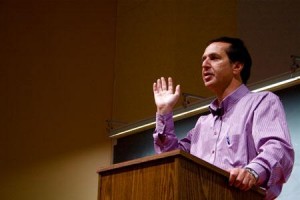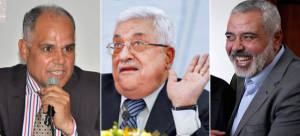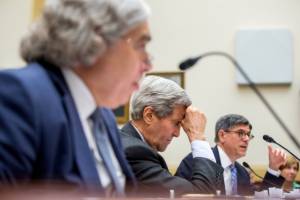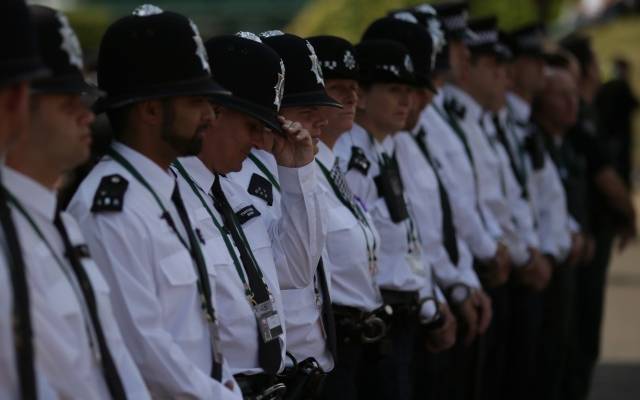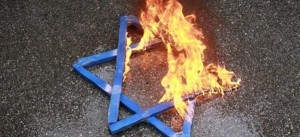From Politico:
Senators probe political motivations for trafficking report
The top Republican and top Democrat on the Senate Foreign Relations Committee are raising questions about the integrity of the State Department’s annual report on human trafficking, pointing to the upgraded status of Cuba and Malaysia as cause for concern.
The report, which was released Monday, lifted both Cuba and Malaysia from Tier 3, considered the worst offenders, to the Tier 2 Watch List. It said both countries are making progress in battling sex trafficking and various forms of forced labor.
But the upgrade for Cuba comes as the Obama administration has renewed diplomatic ties and is pursuing more cooperation with the communist-led island nation. The upgrade for Malaysia, where mass graves of migrant workers have recently spurred alarm, also makes it legally easier to include the country in a massive Asia-Pacific trade pact.
That has led opponents of the trade pact and the opening to Cuba, groups that include both Republicans and Democrats, to question whether the upgrades in the report were politically motivated.
Sen. Robert Menendez of New Jersey has been one of the leading critics of the latest report and has said he would push for hearings, investigations and more to probe its rankings. “Upgrades for Malaysia and Cuba are a clear politicization of the report, and a stamp of approval for countries who have failed to take the basic actions to merit this upgrade,” the Democrat said in a statement Monday.
In their letter, sent late Tuesday, Cardin and Corker said they viewed the annual Trafficking in Persons report as an “essential global tool for ensuring continued progress against human trafficking including its worst forms which amount to modern slavery” and that “maintaining the integrity of the TIP report is essential to our success.”
Senators probe political motivations for trafficking report
The top Republican and top Democrat on the Senate Foreign Relations Committee are raising questions about the integrity of the State Department’s annual report on human trafficking, pointing to the upgraded status of Cuba and Malaysia as cause for concern.
The report, which was released Monday, lifted both Cuba and Malaysia from Tier 3, considered the worst offenders, to the Tier 2 Watch List. It said both countries are making progress in battling sex trafficking and various forms of forced labor.
But the upgrade for Cuba comes as the Obama administration has renewed diplomatic ties and is pursuing more cooperation with the communist-led island nation. The upgrade for Malaysia, where mass graves of migrant workers have recently spurred alarm, also makes it legally easier to include the country in a massive Asia-Pacific trade pact.
That has led opponents of the trade pact and the opening to Cuba, groups that include both Republicans and Democrats, to question whether the upgrades in the report were politically motivated.
Sen. Robert Menendez of New Jersey has been one of the leading critics of the latest report and has said he would push for hearings, investigations and more to probe its rankings. “Upgrades for Malaysia and Cuba are a clear politicization of the report, and a stamp of approval for countries who have failed to take the basic actions to merit this upgrade,” the Democrat said in a statement Monday.
In their letter, sent late Tuesday, Cardin and Corker said they viewed the annual Trafficking in Persons report as an “essential global tool for ensuring continued progress against human trafficking including its worst forms which amount to modern slavery” and that “maintaining the integrity of the TIP report is essential to our success.”






